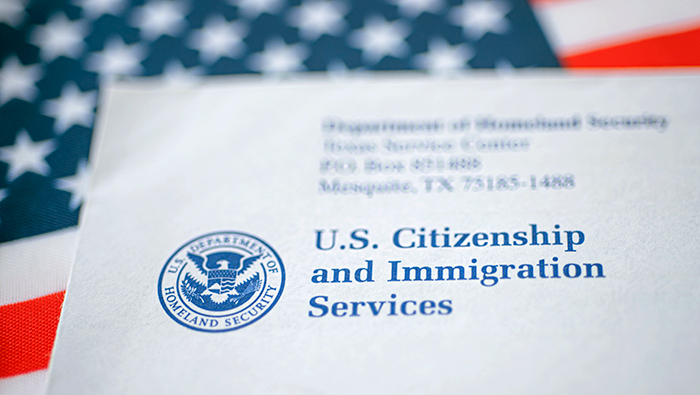The U.S. Citizenship and Immigration Services (USCIS) has issued new “deference to prior determinations” guidance in the USCIS Policy Manual. Specifically, the guidance addresses deference to prior determinations of eligibility when adjudicating a request for an extension of petition validity. Employers use USCIS petition forms for employment authorization purposes. Earlier this year, the USCIS announced the upcoming annual disposal of E-Verify employment records. On May 14th, 2021, all E-Verify employment records dated on or before December 31st, 2010, will be destroyed.
Background of Guidance
Previously, in 2004, the USCIS issued guidance addressing deference in prior determinations of eligibility. The 2004 guidance directed officers to give deference to prior determinations of eligibility when adjudicating petition extensions. As such, any prior decisions would have to involve the same parties and facts as the initial petition. However, in 2017, under President Donald Trump’s administration, the USCIS rescinded the 2004 guidance.
Highlights of the 2021 Guidance
The new guidance includes the following key points:
- It clarifies that the USCIS gives deference to prior determinations when adjudicating extension requests involving the same parties and facts. The determination, however, is not applicable if there was a material error, material change, or changes in circumstances or eligibility. If new material information adversely impacts the petitioner’s, applicant’s, or beneficiary’s eligibility, investigators cannot consider prior determinations.
- The guidance also examines the connection between the USCIS and other government agencies. It affirms that the USCIS considers, but does not defer to, previous eligibility determinations made by other U.S. government agencies. That is to say that officers will only determine the evidence of record in the petition under adjudication.
In conclusion, this update is in accordance with President Joseph Biden’s February 2021 executive order on immigration and inclusion efforts. The executive order directed the secretary of homeland security to identify barriers that impede access to immigration benefits. Additionally, the secretary needed to submit a proposal on creating fair, efficient adjudications of these benefits. Allowing deference to prior approvals involving the same parties helps to promote the efficient and appropriate adjudication of immigration benefits.

